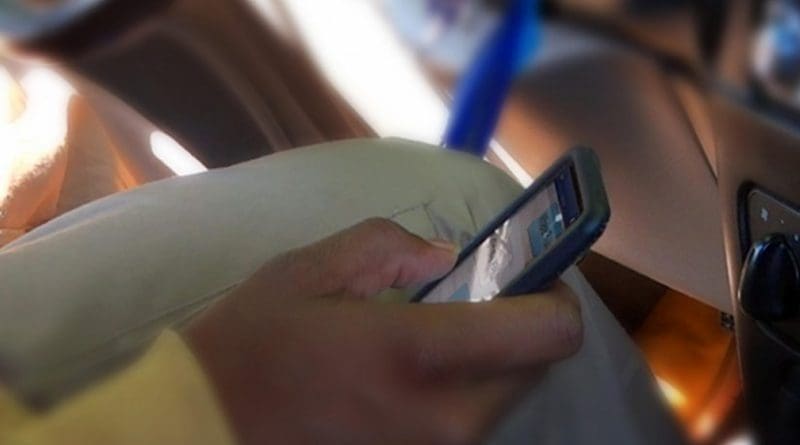Think Twice Before You Find Fault With Modernity – OpEd
By Robert Higgs
Modernity has never lacked for critics, people who see only regression from a nobler or more glorious past when men were men and women liked them that way. But for the economic or cultural historian, such an outlook is the sheerest balderdash.
If I had lived a thousand years ago, I would almost certainly have scratched out a precarious living, constantly on the edge of starvation, chronically ill, and culturally embedded in an inescapable wasteland of vicious error and destructive superstitions. I would never have thrilled to a song by Handel, a concerto grosso by Bach, a symphony by Beethoven or Brahms. I would never have watched any of Shakespeare’s plays or read any of his poetry. I would never have encountered even the intellectual gems that existed in the works of Aristotle or the classical Greek dramatists, never have learned Euclidean geometry, never have met with the ancient contributions to astronomy, because I would almost certainly have been illiterate and too far removed from any place that harbored learned people. And in those days, before the development of printing with movable type, the only means of spreading existing knowledge remained as always before the laborious copying of existing works by hand and the slow passage of copies from hand to hand. In short, life would have been poor, nasty, brutish, and short, even if not solitary.
People who glamorize the remote past practice a highly selective filtering of gold from a mountainous mass of ugly, toxic dirt. Life was hard even for those who sat in luxury above the masses and exploited them. They knew nothing of bacteriology; their children died in droves. The masses worked against heavy odds to extract enough from the soil to make their survival possible, and many failed to meet the test. Even if one doesn’t like industrialization and its consequences, one cannot escape the reality that what preceded modernity was materially, intellectually, and culturally close to zero for nearly everyone. Something is surely amiss when modern critics, enjoying all the material comforts and conveniences as well as the cultural amenities available at the push of a button, venture to dismiss modernity as if it were something even one in a thousand of them would give up.
This article was published at The Beacon.

